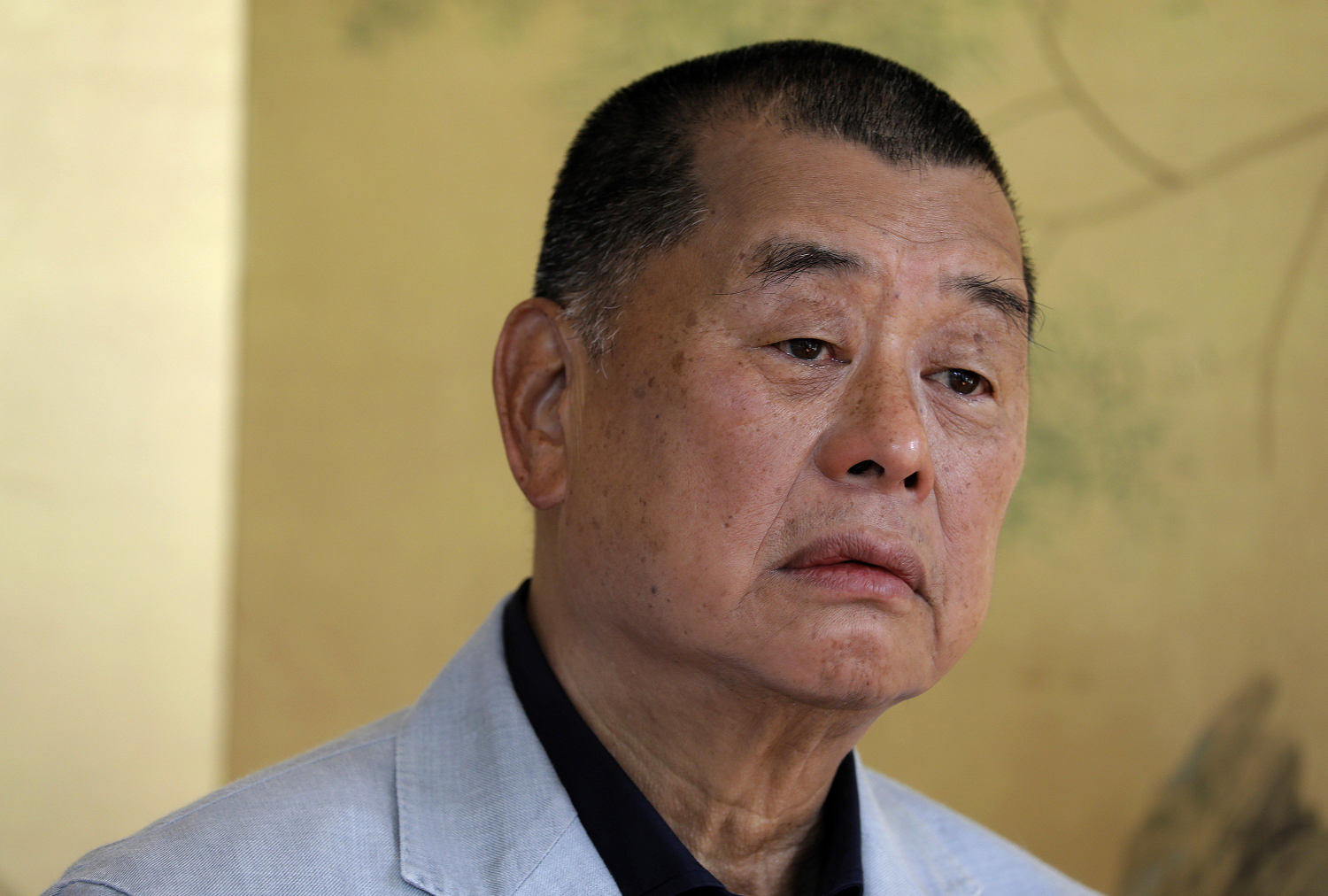[ad_1]

The trial of Hong Kong’s most famous activist publisher who was arrested under China’s crackdown on dissidents will start Monday after being delayed for over a year.
Jimmy Lai, 76, broke into the city’s once freewheeling media world about three decades ago, armed with the belief that delivering information is equal to protecting freedom. Now, his own freedom is at stake as he faces a possible life sentence if convicted under a national security law imposed by Beijing following the 2019 pro-democracy protests.
The landmark case — tied to the now-defunct pro-democracy newspaper Apple Daily that Lai founded — is seen by many as a trial for press freedom and a test for judicial independence in the former British colony, which was promised to have its Western-style civil liberties remain intact for 50 years after returning to Chinese rule in 1997.
Lai is charged with colluding with foreign forces to endanger national security and conspiring with others to publish seditious publications.
During the 2019 protests, Lai took to the street and met with then-Vice President Mike Pence and U.S. Secretary of State Mike Pompeo to discuss the controversial extradition bill that sparked the protests but was eventually withdrawn. After the enactment of the security law, he was openly critical of the legislation and said the city he once knew “is dead.”
Although the 2019 protest movement lacked a clear leader, Lai’s high profile made him a target of the authorities. He was arrested in August 2020 under the law, and Apple Daily was forced to shut down in June 2021 after police froze $2.3 million of its assets, searched its offices and arrested some of its top editors and executives, accusing them of foreign collusion to endanger national security.
Lai is now serving a term of five years and nine months over fraud charges linked to lease violations in a separate case as he awaits his security trial.
Lai’s trial is Hong Kong’s first on charges of collusion with foreign forces. He faces two counts of conspiracy to collude with foreign forces and one charge of collusion under the security law. He is also charged with sedition under a colonial-era law that has been increasingly used to quash dissent.
In May, the court rejected a request to terminate the proceedings based on the fact they were being heard by judges who were approved by the government.
Robert Pang, one of Lai’s lawyers, pointed to the lack of transparency in the appointment of the judges, saying that might affect the public’s confidence in the judiciary and the judicial process.
Lai’s trial, originally scheduled to start last December, was also postponed while the Hong Kong government appealed to Beijing to effectively block his attempt to hire a British defense lawyer. The city’s authorities subsequently barred the lawyer, Timothy Owen, from representing Lai, citing it would likely pose national security risks.
The judges in August proposed a further delay of the trial.
Lai’s son, Sebastien, met with Britain’s foreign secretary last week to lobby for Britain’s help in freeing his father — who holds British citizenship and who has been labelled by China’s Foreign Ministry as “one of the most notorious anti-China elements.”
The younger Lai told The Associated Press that he felt “a lot more confident” that he would see his father again after the British government shared an image of him with Cameron, saying the country will continue to “stand by Jimmy Lai.”
But Sebastien Lai said he doesn’t believe the trial will be fair.
“It’s quite worrying for me, given my father’s age and given that he’s been in prison for three years,” he said.
[ad_2]
Source link
